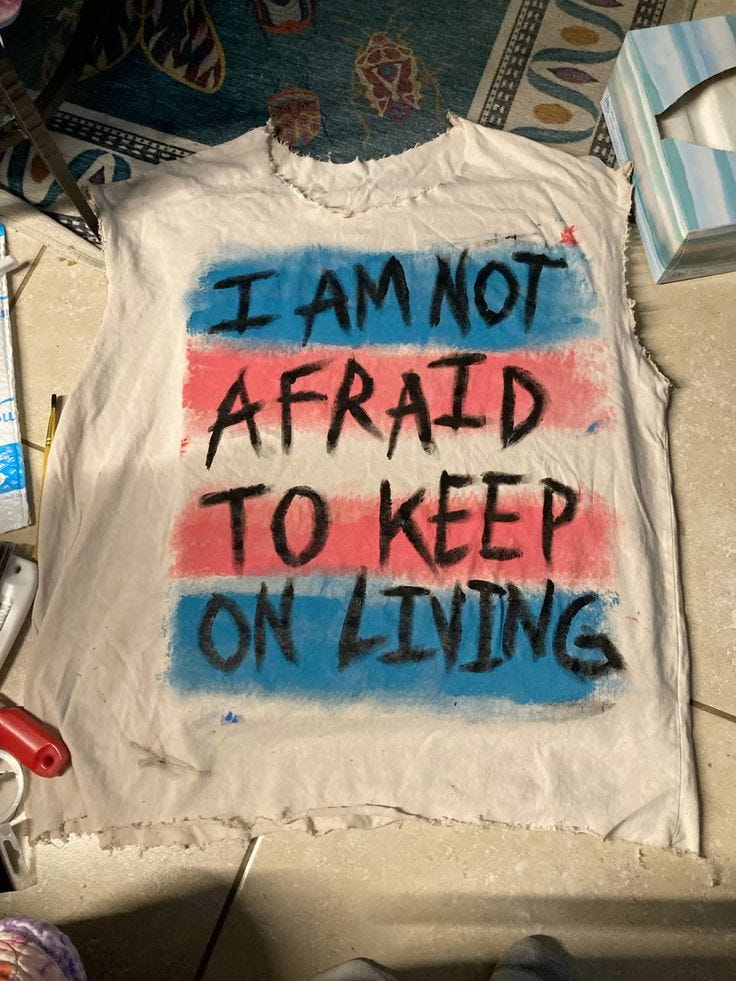why do anarchists value chaos?
(why don't statists value much of anything?)
q: why do anarchists value chaos?
a: this is a question not of ideology, but of aesthetics—what broader values drive anarchists to organize, what values would be considered meaningful in a hypothetical anarchist society. however, before discussing that, i’d like to get one common myths out of the way…
whether anarchists value chaos or not, we do NOT value…
Keep reading with a 7-day free trial
Subscribe to debate me, bro to keep reading this post and get 7 days of free access to the full post archives.



